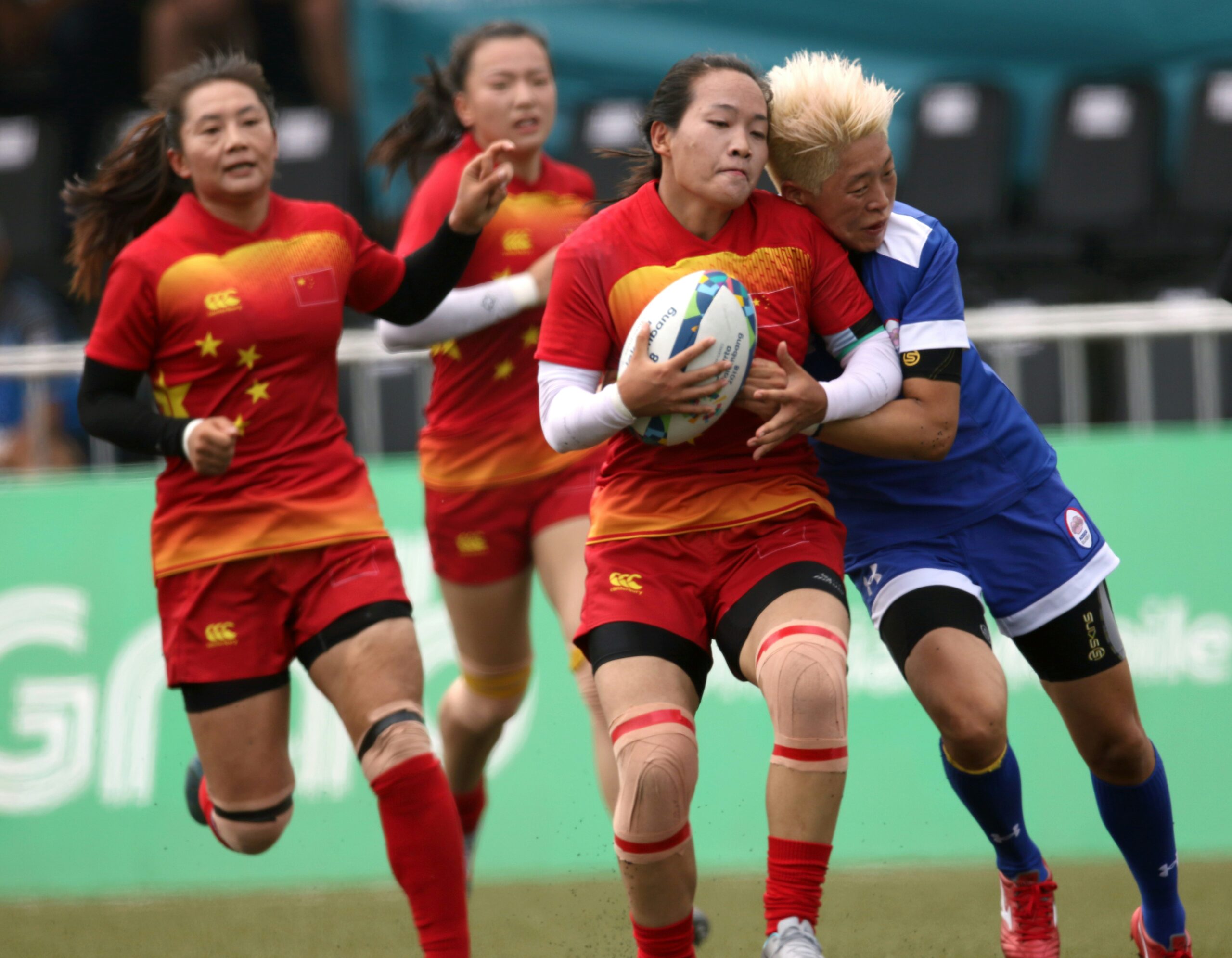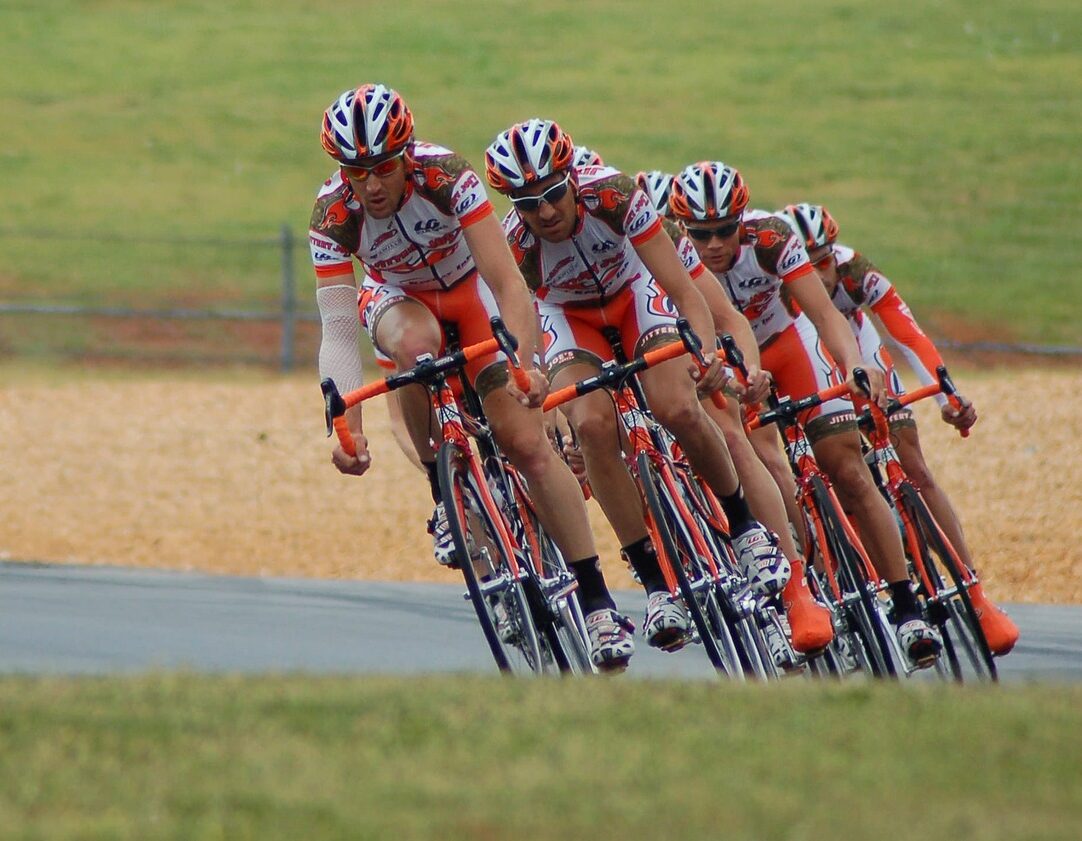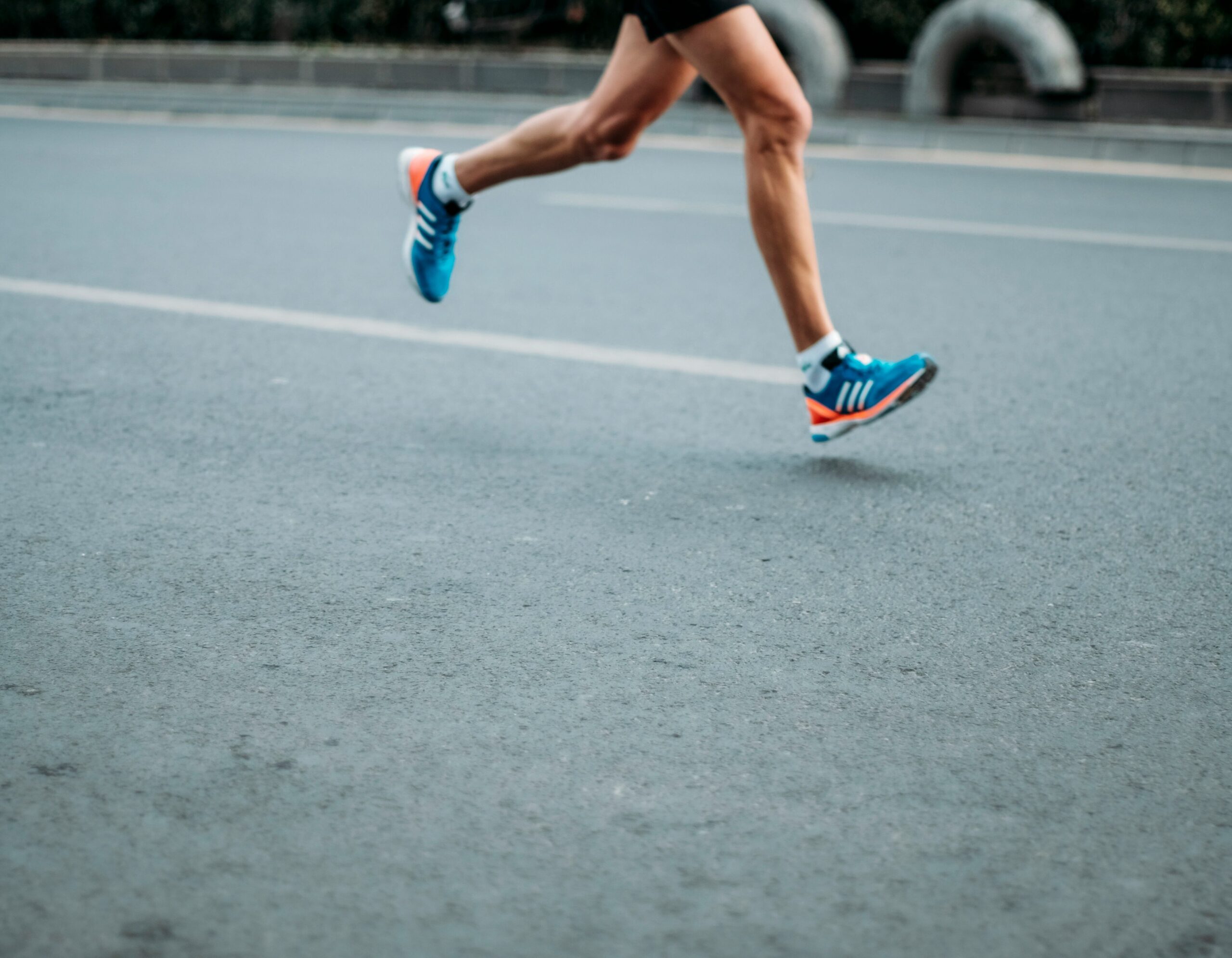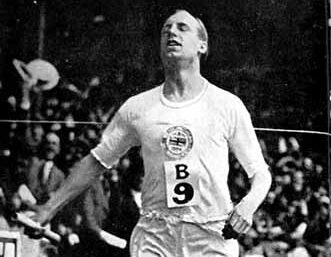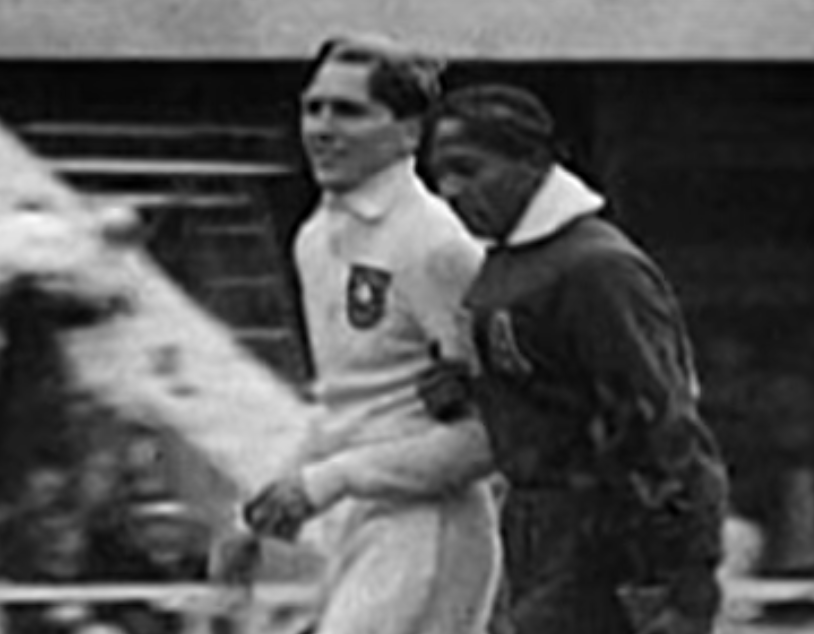We celebrate the start of the Paris Olympics and Paralympics with an article by Parenting for Faith’s Becky Sedgwick.
28 July 2024
This summer we’re in for a treat – the Paris Olympics and Paralympics will be blazoned across our screens and all over our social media; 14,900 athletes from 206 countries will be competing in 54 sports over the thirty days of competition, as well as enjoying spectacular opening and closing ceremonies in the Olympic stadium.
Sport is a wonderful gift God has given us. Christians in Sport explain it like this:
‘It may be a surprise to you, but sport is part of God’s good gift of creation. Sure, human beings are the ones who invent sports, but where does our playfulness come from? The creativity, the desire for human relationship, and the instinctive desire to play that all people, of all ages, across all cultures have, are all part of what it means to be made in the image of God.’
God created laughter and fun, and he loves to see his people using their passions and skills well, enjoying themselves and bringing joy to others. In the film Chariots of Fire, Eric Liddell, a gold medallist in the Paris Olympics 100 years ago, said this: ‘God made me fast. And when I run, I feel his pleasure.’

